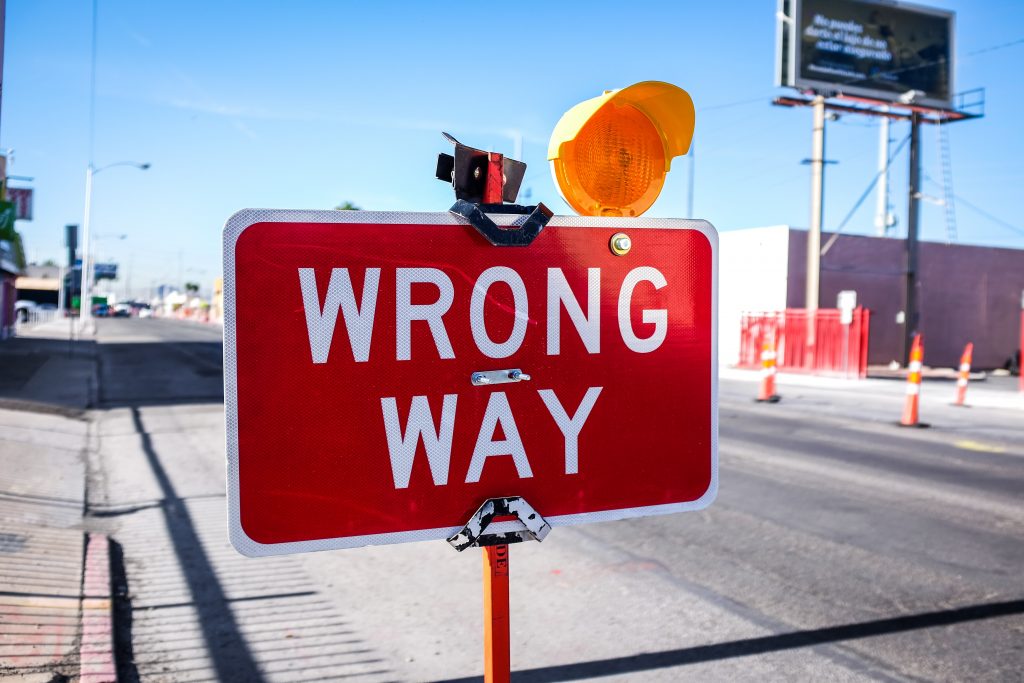This post is also available in Dutch .
In our daily life, much of what we do is determined by our biases, which are patterns of thought or action that occur automatically. Do you often find yourself trying to google a healthy diet for your cat but end up scrolling pet meme videos? Psychologists and neuroscientists have identified various biases that can influence action.
Action can be biased in many ways
Action bias. Humans and animals have a tendency to respond with an action, instead of restraining a response (inaction). This tendency is also termed action bias. For example, most soccer goalkeepers always pick a side and jump to either left or right to stop a penalty kick, even though the chances of preventing a goal are greater if the keepers stay still (inaction).
Pavlovian bias. When trying to reach a goal or a reward-related cue, people more readily exert an action than withhold it. On the other hand, they more readily withhold an action than exert it to avoid punishment. This bias is linked to the animal nature to approach rewards while avoiding danger. However, these biases can be maladaptive. From the example at the beginning, the tendency to click a link which might lead to interesting videos is a form of Pavlovian bias. This mindlessly clicking on webpages could waste a lot of time and prevent us from getting things done. In certain circumstances, these Pavlovian biased actions might develop into addiction.
Instrumental bias. When a previous action was rewarded, humans are more likely to exert that same action than to withhold an action in order to win a reward. Punishment has the opposite effect, hampering the unlearning of inaction relative to action, resulting in sustained inaction. For example, a student could become more active in class and express opinions if he was praised a lot by the teacher; or become more silent if he’d had a bad experience before.
Use the biases to your best
While it is annoying when these biases waste time without your notice, they sometimes help you accomplish piles of small but important things. For example, when you are walking to your office, the hurrying pedestrians suddenly remind you that you should be quicker otherwise you will be late. This hard-wired action tendency is essential for animal survival, enabling us to make fast decisions without much attention.
Although these biases contribute to adaptive behaviors and prompt people to approach reward and avoid loss, they should be prevented from growing into bad habits or forming into psychiatric disorders such as addiction. One could cultivate the ability to being rather than doing. One way to do this is by practicing mindfulness, which helps you pay attention to the essence of the behavior and help overcome unwanted biases.
Even though action biases can be a double-edged sword, the point is to use these biases to your own benefit so that they allow for effective decision-making.
Credit
Author: Ping Chen
Buddy: Floortje Bouwkamp
Editor: Rebecca Calcott
Translator: Felix Klaassen
Editor Translation: Jill Naaijen
Header photo from upsplash by Kenny Eliason
